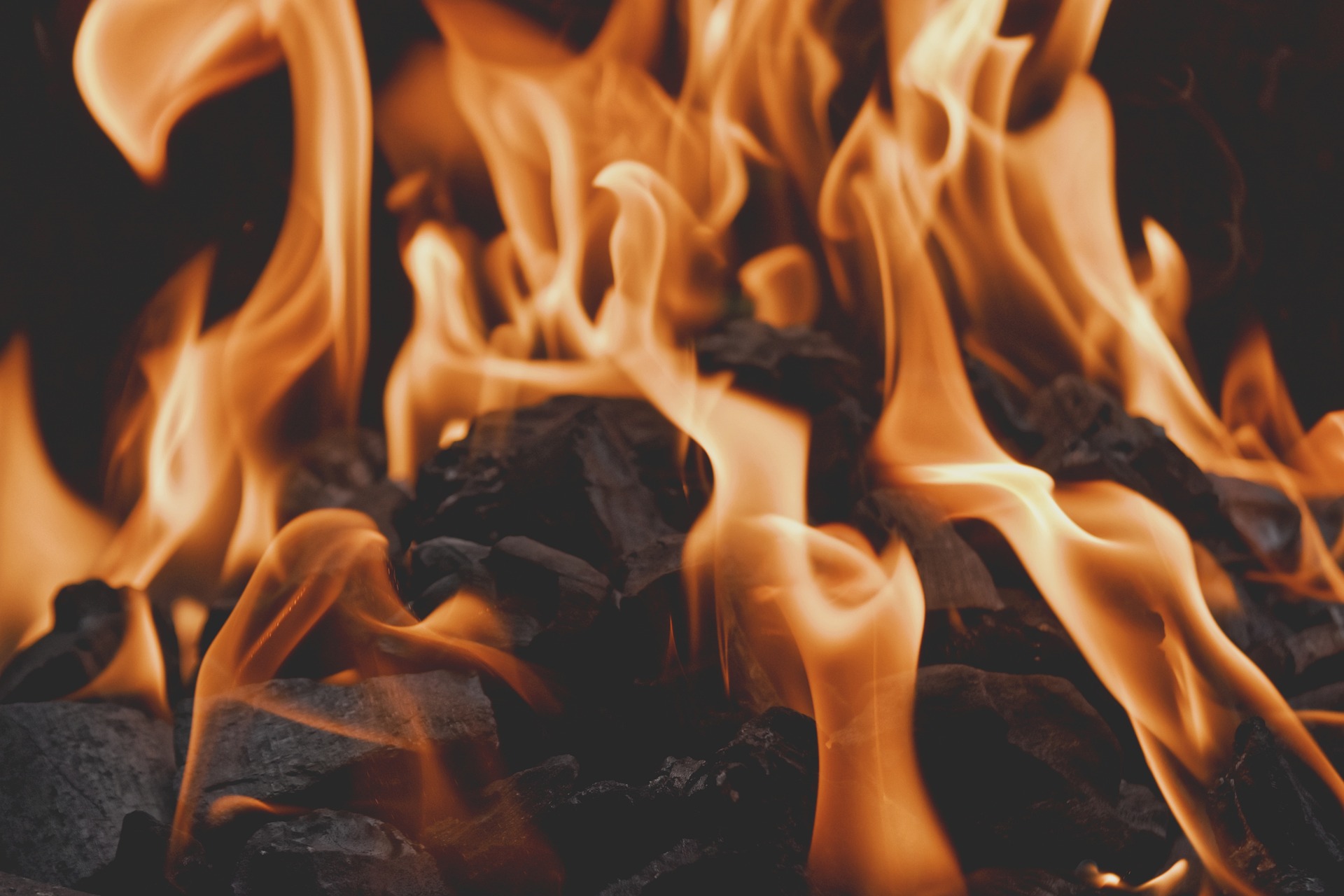Hello.
Benjamin from Brothers Campfire here!
There is no end to the work at Willow Manor!
It all started with advertisements on the Nexdoor application for compostable material donations. Here is an example.
https://nextdoor.com/p/bPhgDLSf8Bb6?utm_source=share&extras=NTgyNjE1MzA%3D
As a result,
I received overwhelming support, and now I have a yard full of grass clippings, branches, logs, woodchips, and even piles of yucca plants.
I always say composting is easy, and it is… until an endless pile of these show up at your doorstep. (For the donators reading, dont stop!)

I purchased a chainsaw and have been cutting the limbs into manageable pieces. Initially, I thought I would use it to fire pottery, but there is too much volume and no sustainable method in my 1/3 acre to sit and wait for the branches to turn to dirt.
Chippers and rentals are not cost justifiable at this time as I am a hobby farmer…. Or maybe I am a little ornery and like Campfires.
While I like Campfires, I do not want to waste these donations. Manufacturing charcoal has been the method of choice. The pile of brush pictured above will make about three wheelbarrows of what the cool kids call “bio char”.

This charcoal has a variety of uses that are easy to Google. I was thinking of trying to smelt iron with it, but because it absorbs and holds minerals and nutrients, It will be heavily soaked in a solution of 10 10 10 fertilizer and turned in the garden plots. The remainder will be broadcast in the yard.
I have other donations as well to include copious amounts of weeds. I know the risks and am composting them anyway in a compost “lasagna” of browns and greens.

Here’s why. I am not selling the compost, and it can be heated to 200 Fahrenheit or so to kill the seeds. The volume is worth the risk.
The composting and mulching of the yard have significantly reduced my water usage cutting my bill in half this summer. To save water, I have also reduced the volume of the duck ponds by removing the liners and filling them to the brim with grass clippings for anaerobic decomposition. The reasoning is two-fold; composting and gleying. We have already discussed composting, so lets get gleying.
I don’t know what other ducks do, but mine are adept at finding low spots in the yard when it rains and making them lower. They eat the surrounding plants, roots, and worms in the soft ground and trample the earth with their feet. This, accompanied by thier fecal settling at the bottom creates a “natural” water hole for them.

I learned that European farmers have done this with hogs and waterfowl since ancient times to construct natural ponds.
I am seeking to expidite this process. Last year, I composted 15 pickup trucks of lawn clippings this way. (For those compost purists that say it is not fully composted, when I dug it up, it was dirt in less than a couple weeks upon exposure to oxygen.)

All this to say, It is hard to blog right now, because there is zero time with this project I have taken on!


the work is never finished…but it is worth it!
I would say!
Great job. I am in the heat of canning season
Will you be sharing …. Or selling?
I will be putting it on our shelves for the year.
Makes sense
I love the fact that we grow enough to can and freeze to feed us ALL year. We need to grow hardy greens all winter to have that too.
That is very commendable!
Keeps everyone fed.
Absolutely !
I used to share my canning, however, I never get my canning jars back.
Sounds frustrating .
I gave up chasing my jars down. I give away fresh produce to the neighbors.
You all have an amazing yard. Thanks for sharing the latest developments.
Absolutely!
You take on big outdoor projects 😊
Is not hot for you at all?